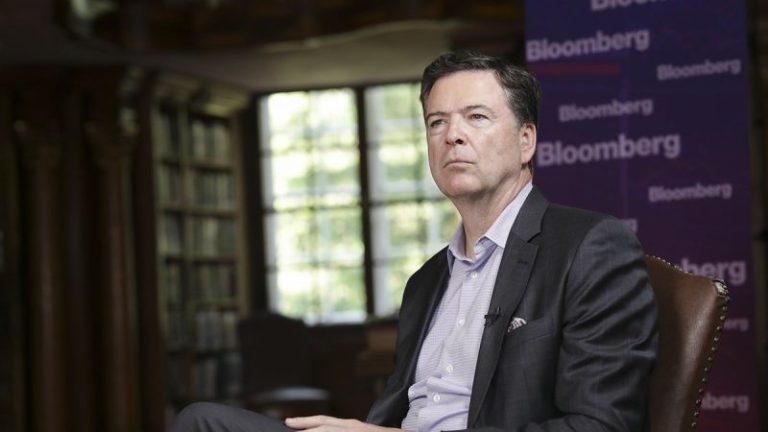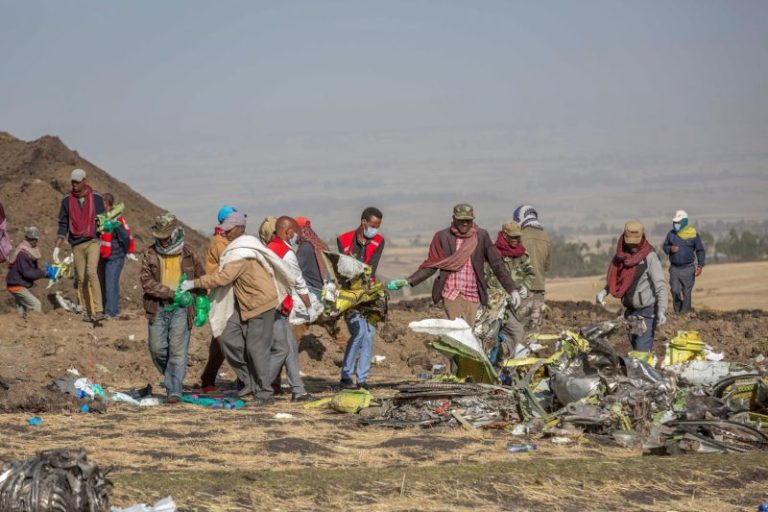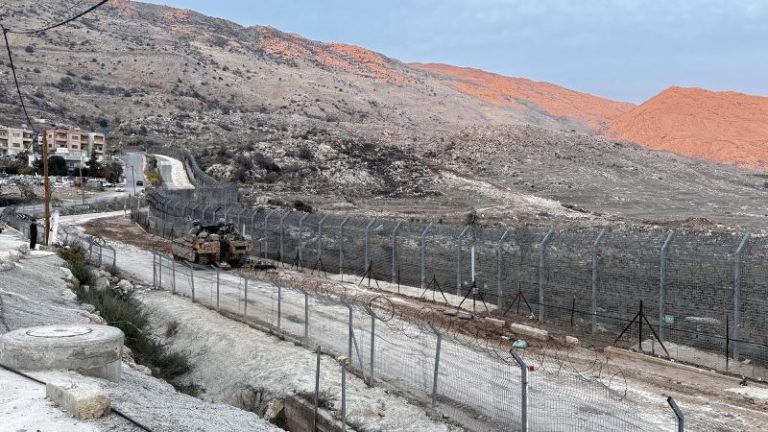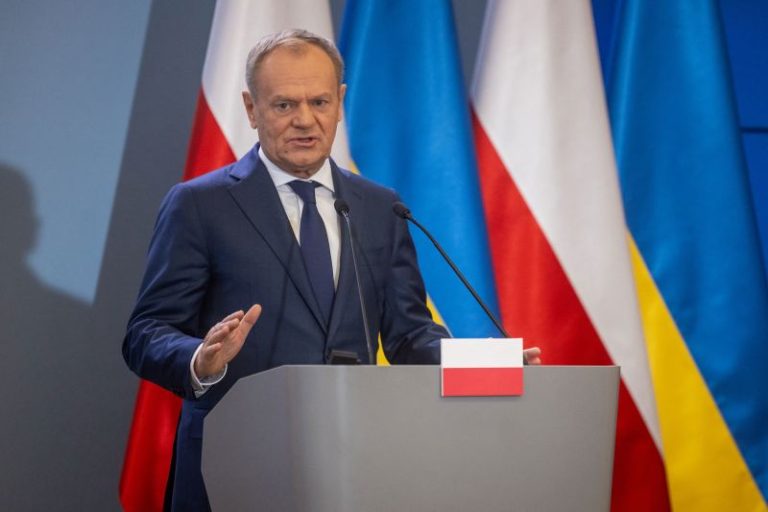‘For posterity’s sake.’
Those words from President Joe Biden sum up the crushing impact of the leaked audiotapes from the interview between him and Special Counsel Robert Hur. Not only did they remove any doubt over Biden committing federal crimes, but they also constituted what is akin to a political racketeering indictment against much of the Washington establishment, from the White House staff to Democratic politicians to the media.
The interview, conducted from Oct. 8-9, 2023, has long been sought by Congress, but was kept under wraps by Biden’s Justice Department even as Biden campaigned for a second term.
Many of us balked at the conclusion of Hur that no charges were appropriate despite the fact that the president had removed classified documents for decades, stored them in grossly negligent ways, and moved them around to unsecure locations, including his garage in Delaware.
Given President Donald Trump’s indictment for the same offenses, it was hard to imagine how the special counsel could not recommend the same criminal charges (presumably after he left office).
Instead, Hur declared it would have been hard to get a jury to convict Biden because he was ‘a sympathetic, well-meaning, elderly man with a poor memory.’
It appears that Trump, on the other hand, was presumptively not sympathetic or well-meaning and possessed a good enough memory to face prosecution.
The contrast was glaring and only reinforced the view of many citizens that there are two tracks for justice in Washington.
Soon after the report’s release, Biden gave an irate press conference at which he lied about the findings of his culpability and lashed out at any suggestion that he had gapped or stumbled in the interview.
For example, when reporters raised Hur’s assertion that Biden had forgotten when his son Beau died, Biden angrily responded, ‘How in the hell dare he raise that?’ Frankly, when I was asked the question, I thought to myself it wasn’t any of their damn business.’
However, it was not Hur but Biden himself who raised the death of his son, and he forgot a wide array of dates, including when he served in office.
The interview shows that in 2023 it was clear that Biden was mentally diminished despite claims from many allies and former aides that there was a sudden loss of capacity just before the disastrous debate in 2024. It is now undeniable that the White House staff actively hid the president’s incompetence from the American public. That includes the White House Press Secretary Jen Psaki (who left her post in May 2022) and her successor, Karine Jean-Pierre, who insisted that Biden was sharp and ‘running circles’ around the staff.
Of course, the media is now covering the story after the public saw the truth in the debate. Figures like CNN’s Jake Tapper have even written books that belatedly pursue the question despite previously insisting that there was no evidence of a diminishment in Biden’s mental state.
Tapper repeatedly dismissed the claim and even excoriated Lara Trump for raising it. In one interview, he pushed a White House talking point that such suggestions were mocking Biden for a childhood stutter.
‘It’s so amazing to me- a ‘cognitive decline,’’ he told the president’s daughter-in-law. ‘I think you were mocking his stutter. Yeah. I think you were mocking his stutter and I think you have absolutely no standing to diagnose somebody’s cognitive decline. I would think somebody in the Trump family would be more sensitive to people who do not have medical licenses diagnosing politicians from afar.’
When Lara Trump insisted that this was clearly evidence of a ‘very concerning’ cognitive decline, Tapper dismissed her statement by saying, ‘Thank you, Lara. I’m sure it’s from a place of concern. We all believe that.’
Keep in mind that others beyond Lara Trump were raising this issue and there were tapes showing obvious physical and mental decline. The media simply refused to seriously pursue the story until the cover-up no longer mattered after the debate.
Over on MSNBC, Joe Scarborough was equally apoplectic at those raising the issue and stated
‘Start your tape right now because I’m about to tell you the truth. And eff you if you can’t handle the truth. This version of Biden intellectually, analytically, is the best Biden ever. Not a close second. And I have known him for years…If it weren’t the truth, I wouldn’t say it
This media effort continued all the way up the debate itself. On CNN.com, Oliver Darcy wrote ‘Right-wing media figures are desperately pushing conspiracy theories about Biden ahead of the debate.’
Once the public found out, the media was ready to tell the story when it became impossible, and no longer politically beneficial, to deny it. Articles began to appear with the same realization of, ‘Oh you meant THAT mental decline. Well sure.’
It was the same belated acknowledgment that came, after the election, with Hunter Biden’s laptop. The media just moved on with a shrug and a collective ‘our bad’ concession.
As for the then-president himself, the one moment of clarity in the interview may have been his most incriminating line. When asked why he removed classified material on Afghanistan, Biden admitted ‘I guess I wanted to hang on to it for posterity’s sake.’
That is precisely what critics on CNN and MSNBC accused Trump of doing: removing material as types of keepsakes or trophies.
One president was indicted for that and one was sent along his way to pursue a second term in office.
The real indictment that comes out of these tapes is a type of political racketeering enterprise by the Washington establishment. It took a total team effort from Democratic politicians to the White House staff to the media to hide the fact that the president of the United States was mentally diminished. It there were a political RICO crime, half of Washington would be frog marched to the nearest federal courthouse.
Of course, none of this complicity in the cover-up is an actual crime. It is part of the Washington racket.
After all, this is Washington where such duplicity results not in plea deals but book deals.










